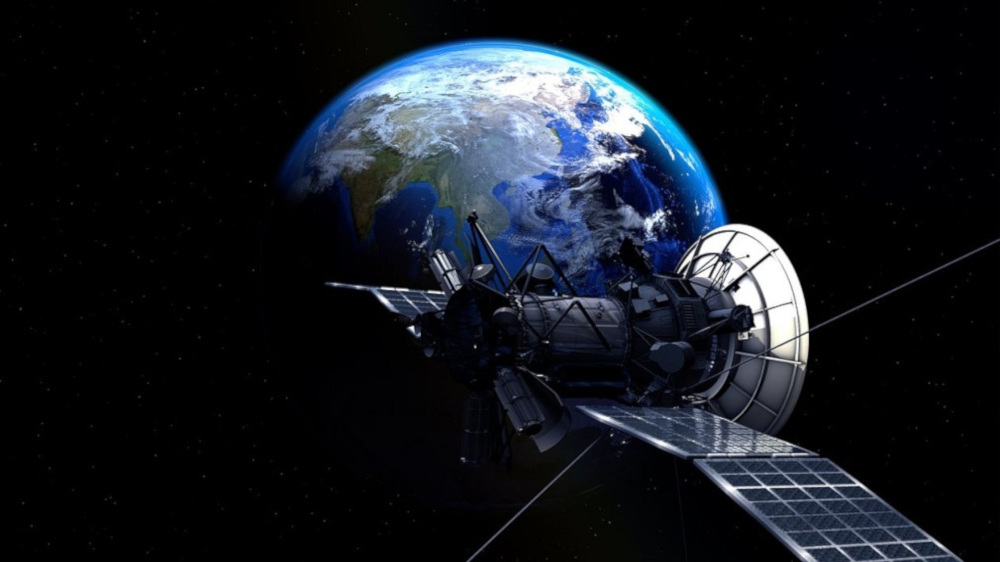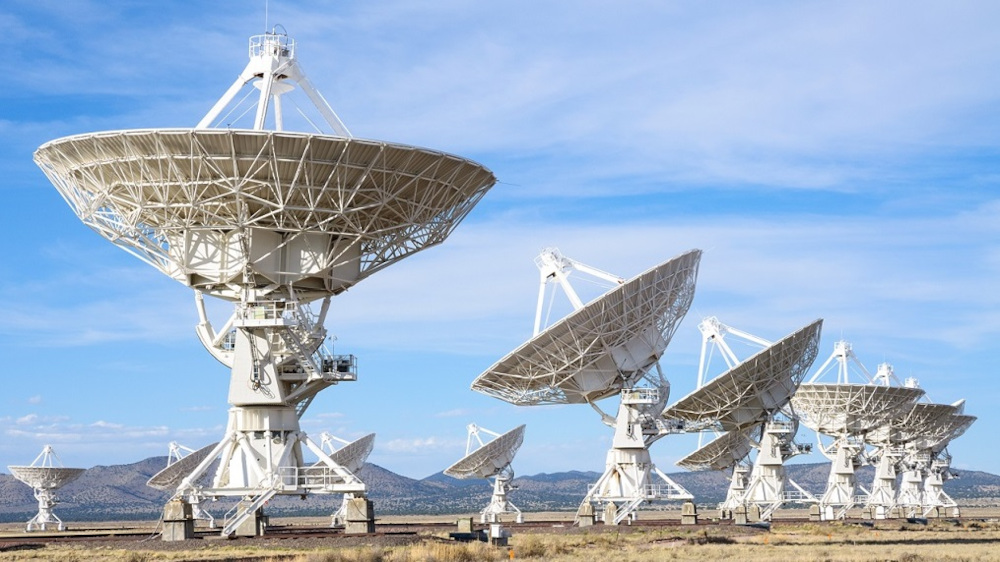
Space threats – a global challenge
The unrestricted use of space is important for all countries of the world, so the UN has a broad desire to reduce risks and threats against space objects. The discussion is taking place both between the Member States and in expert groups. On the one hand, there is a desire for a legally binding agreement that would prevent arms race space and, on the other hand, for norms, rules and principles for responsible conduct. However, these approaches are not mutually exclusive.
As stated in Finland's space strategy, space-related security challenges have increased while threats and perceived threats endanger the sustainable use of space. Space has also become increasingly important in arms control, and space security has also been generally accepted as a key element in achieving the UN Sustainable Development Goals that applies to all states of the world. In international forums, the Global South has called for a wide range of measures to respond to various threats, as for many of its members the continuity of space services is vital.
The UN agreed on confidence-building measures in the report of the Expert Group in 2013, but since then progress has been slow due to intensified competition between the superpowers. On the one hand, we would like a legally binding agreement that would prevent competition in space (Russia, China) and, on the other hand, we would like to supplement this with norms, rules and principles concerning responsible behavior (e.g. EU, UK, USA). Resolutions on both approaches have been adopted by the UN General Assembly, but they are not mutually exclusive.
The limited Group of Governmental Experts (GGE), which was tasked with drawing up a list of possible elements for a legally binding agreement, completed its work in August this year. Two open working groups will start their work in 2025; one on preventing arms race in space and the other on establishing norms, rules and principles for responsible behaviour. The First Committee of the UN General Assembly this year will discuss the proposal for a resolution by Egypt and Brazil on the merger of working groups. Should this be the case, the working group is to work for four years, which means that results are not expected until 2028.
Existing confidence-building measures include the Hague Code of Conduct (HCoC), to which the acceding states provide information on their launcher programmes and advance announcements of launches into space, and the Space Security Portal of the United Nations Institute for Disarmament Research (UNIDIR). HCoC has worked well, but it is difficult to develop the activities due to increased confrontation. It has not even been possible to publish a press release on the members' annual meeting for several years. Of the great space powers, China is outside HCoC.
The EU considers that strict compliance with current international space law, especially the Outer Space Treaty, is the basis for building trust.
In 2022, the United States unilaterally declared that it would refrain from testing missiles used to destroy satellites. In the same year, 155 states supported the UN General Assembly resolution banning such tests. In August 2023 the EU joined the moratorium which consists now of 37 states. Russia and China have not been interested in joining. All three superpowers and India have experimented with the destruction of their own satellite with a missile launched from the Earth. The majority of UN Member States are concerned about space debris generated in these tests.

However, systems based on small swarming satellites, such as Starlink, cannot be destroyed with conventional missiles. In spring 2024, the United States claimed that Russia was preparing to launch a satellite containing a nuclear device. A nuclear explosion in space would destroy hundreds or thousands of satellites at once. In a test carried out by the United States with a nuclear device in 1962, at least six of the 24 satellites orbiting the Earth at that time were either destroyed or damaged. According to experts, a nuclear charge detonated at a suitable location could render the Earth's low orbit useless for a year.
Satellites and space debris damaged or destroyed as a result of the irresponsible use of outer space are widely seen as a significant threat. For example, it is irresponsible to run satellites close to each other in orbit, creating a collision hazard. Similarly, blinding satellites from the Earth with a laser beam and/or targeted microwave beam. Cyber threats are also realistic, the satellite control system can be hacked and commands causing damage can be given to it. As the examples show, it is difficult to define a weapon in a space context.
One response to these perceived threats is to increase transparency in space-launched loads and their orbits. However, there is currently no consensus on the need for confidence-building measures and not all states are committed to them.





